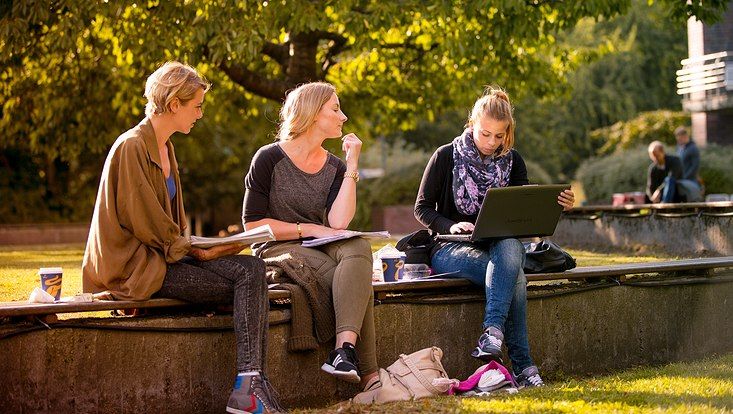Hamburg International Summer School - wie geht es weiter?
4. August 2020, von Judith Keinath
Die Summer School zum Thema "Sprachliche Diversität, Bildung und soziale Teilhabe" wurde coronabedingt auf das Jahr 2021 verschoben. In diesem Video gibt es einen Vorgeschmack auf die Forschungsthemen der Wissenschaftlerinnen und Wissenschaftler, die die Summer School begleiten werden.
Lassen Sie sich von den Videos dieser Wissenschaftler schon mal auf die Summer School 2021 einstimmen:
Prof. Dr. Dietmar Höttecke, Universität Hamburg
Prof. Dr. Drorit Lengyel, Universität Hamburg
Prof. Dr. Mehdi Riazi, Macquarie University
Dr. Sue Ollerhead, Macquarie University
Prof. Dr. Yongyan Zheng, Fudan University


